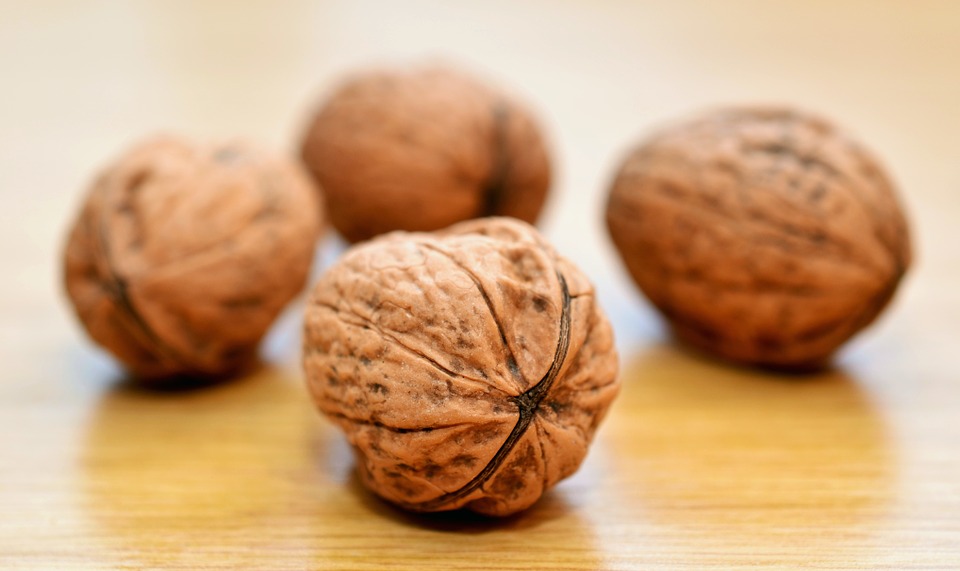March 2007: When it's time to rein in cholesterol, the go-to prescription is usually statins. These medications can reduce low-density lipoprotein (LDL) cholesterol -- the bad cholesterol -- from 25 percent to 50 percent. But for a variety of reasons, statins aren�t an option for everyone.
The March issue of Mayo Clinic Women�s HealthSource outlines other ways to lower cholesterol levels.
Weight loss and exercise: Losing even 5 to 10 pounds of excess weight can help lower total cholesterol levels. And exercising 30 to 60 minutes a day can help lower triglyceride levels and boost high-density lipoprotein (HDL) -- the good cholesterol.
Diet: Experts say it's important to limit daily calories from saturated fats to 7 percent to 10 percent of the daily total. Cholesterol intake should be limited to 200 to 300 milligrams a day. People who eat 5 to 10 grams of soluble fiber a day decrease LDL cholesterol by about 5 percent. Consuming food products containing sterols or stanols, healthy substances found in certain plants, is another option. Using certain margarine-like spreads and certain brands of orange juice can reduce LDL cholesterol by up to 14 percent.
Diet supplements: Supplements and other natural products may help lower cholesterol, too. Some are more effective than others; some have side effects.
Continue Reading Below ↓↓↓
Studies have shown niacin (vitamin B-3) can reduce LDL levels by as much as 20 percent and raise HDL levels up to 35 percent. Possible side effects include flushing, hot flashes, as well as nausea, vomiting and diarrhea.
A dosage of 5 grams of blond psyllium seed husks a day may lower levels of total cholesterol by 3 percent to 14 percent. Other cholesterol-lowering options include flaxseed and garlic.
For most people with high cholesterol, prescription medications are safe and effective. The best nonprescription therapy -- a heart-healthy diet -- can benefit nearly everyone. For those who try other options to reduce cholesterol, it�s important to work closely with a doctor to monitor safety and effectiveness.
Mayo Clinic Women's HealthSource is published monthly to help women enjoy healthier, more productive lives. Revenue from subscriptions is used to support medical research at Mayo Clinic. Call toll free for subscription information, 800-876-8633, extension 9PK1.
Source: Mayo Clinic, Newswise






